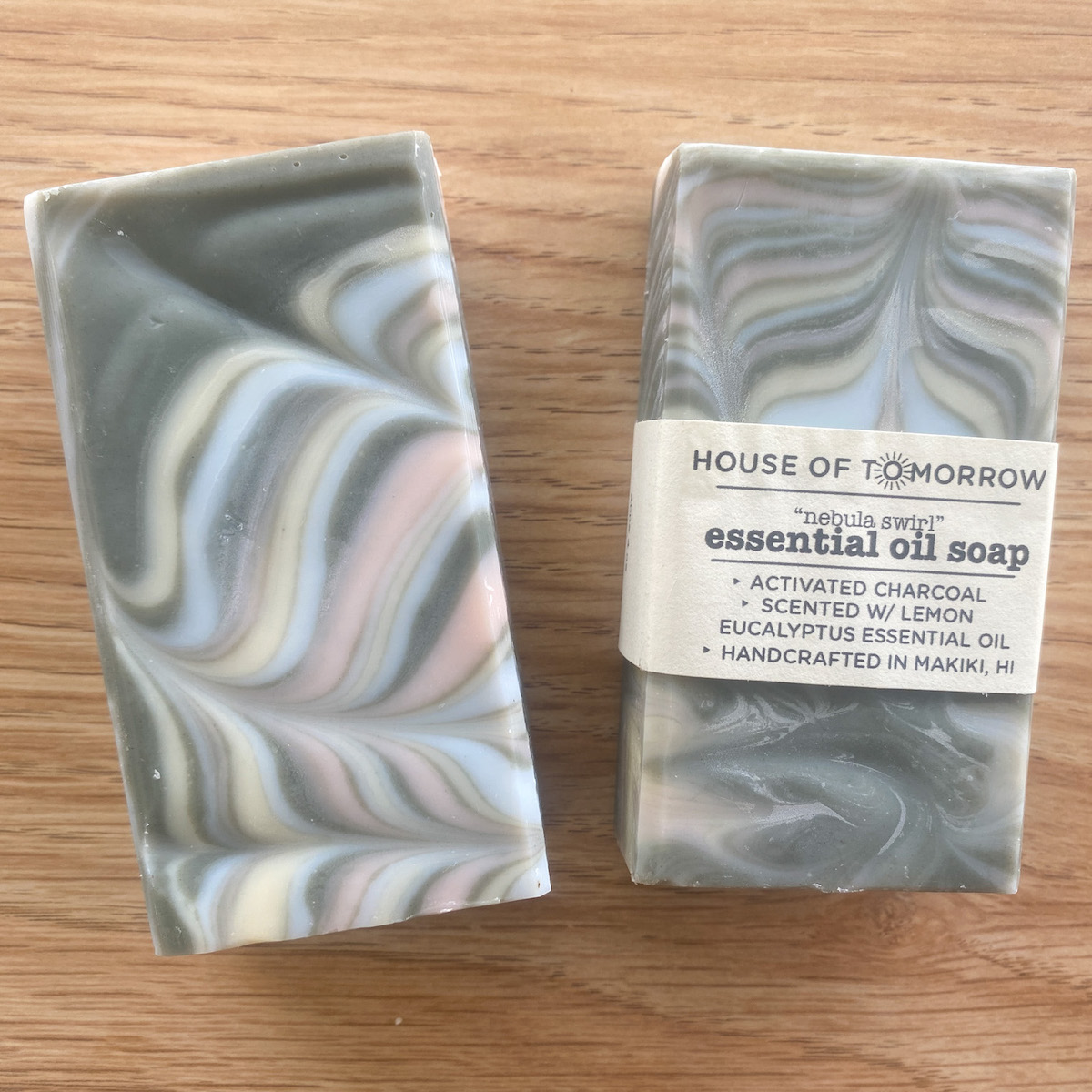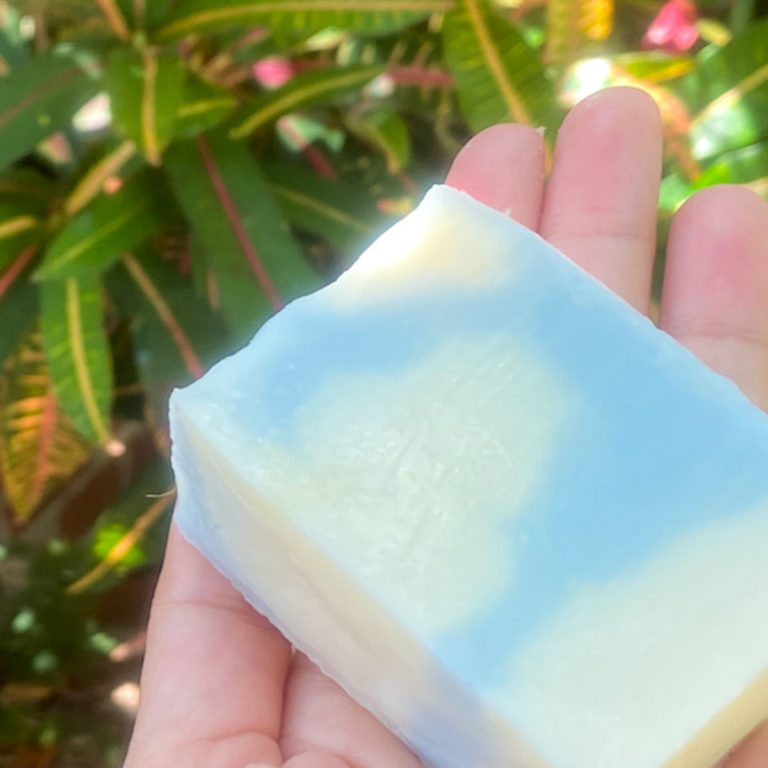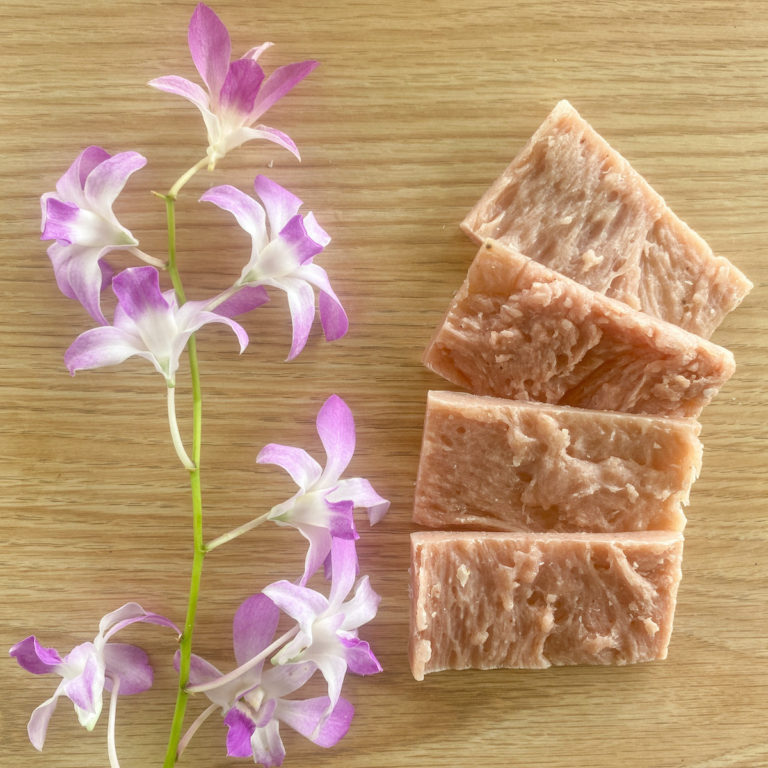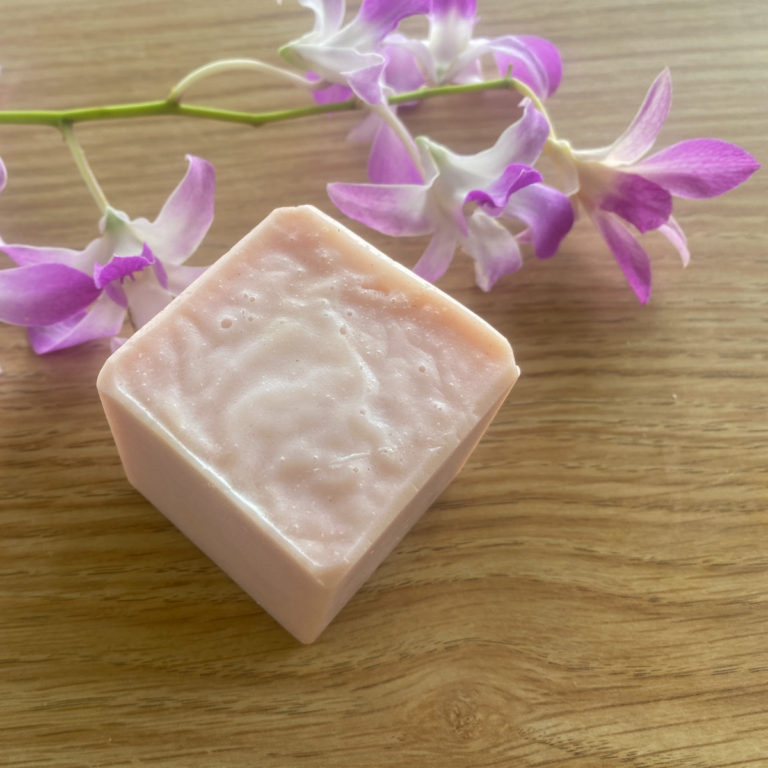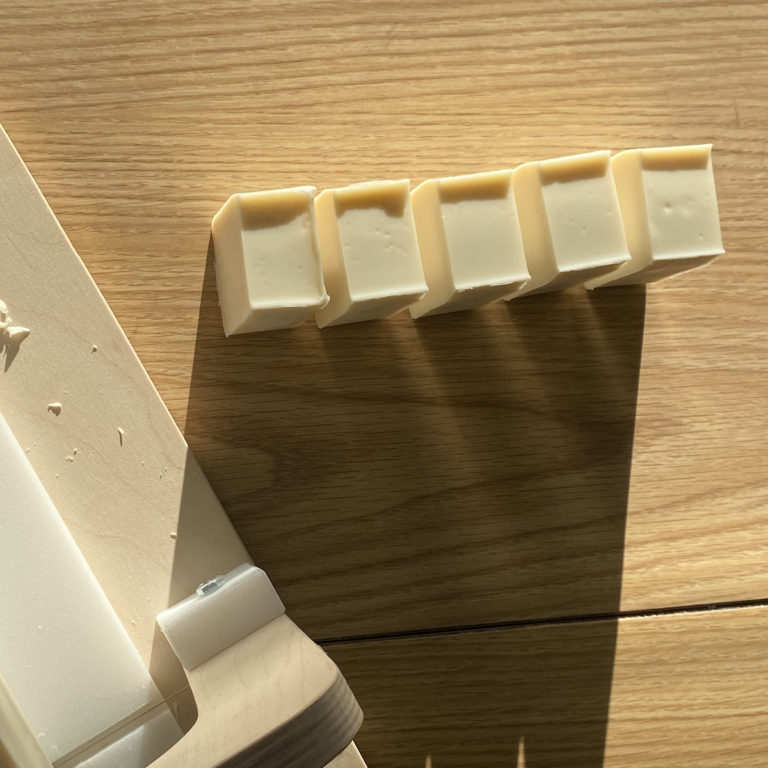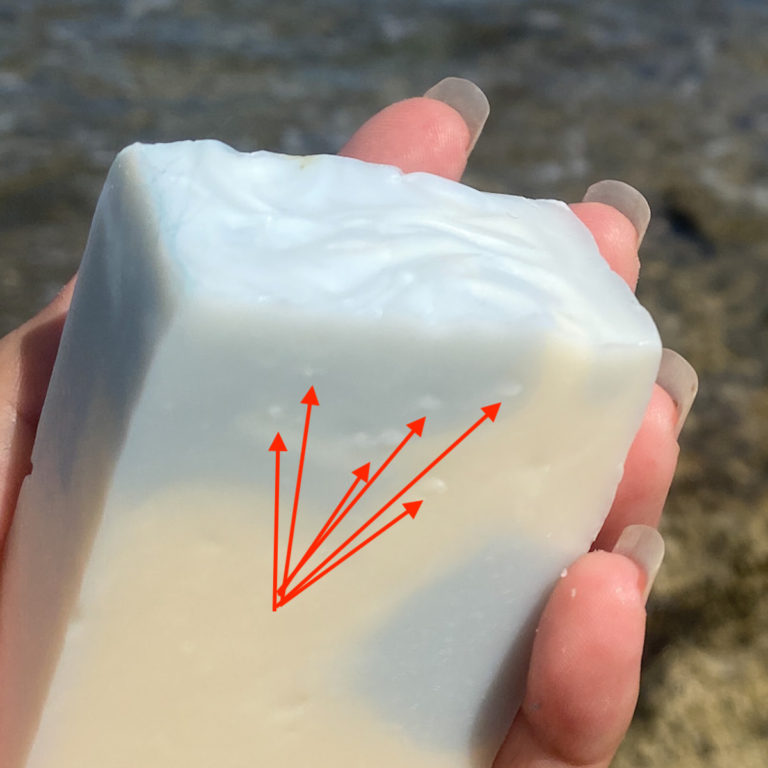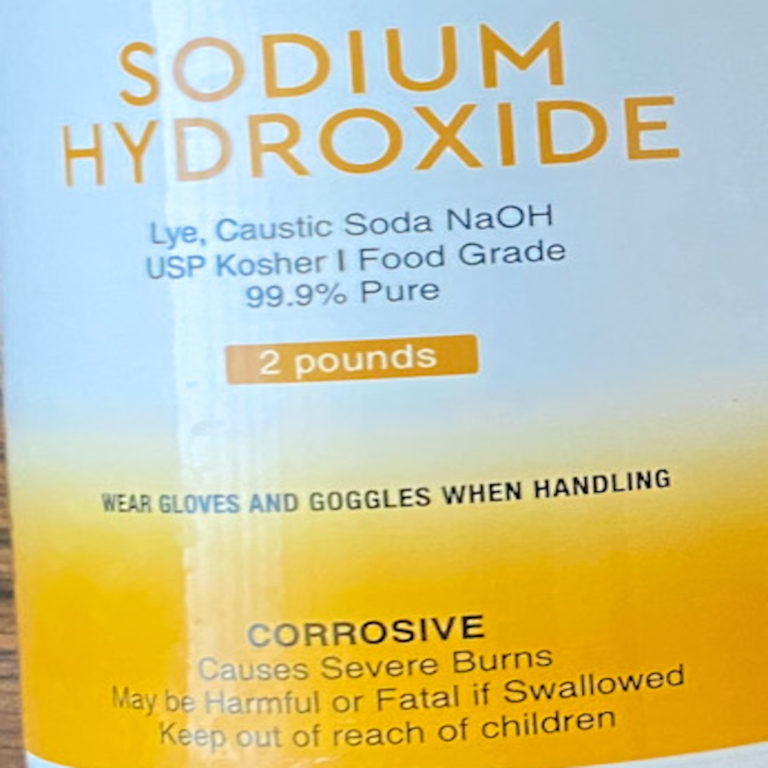Is Soap Making Lucrative? Here’s the Scoops
Homemade bath products have become increasingly popular in recent years due to sites like Etsy. Handmade soap, in particular, is going strong thanks to unique designs and an eco-friendly appeal. So surely this means that soap making is an excellent business to pursue?
Soap making can be a lucrative business if you’re prepared to make a large initial investment to test and perfect your process. It’s also crucial that you go super niche to stand apart in an already saturated market and to keep your business structure as straightforward as possible while you learn.
The rest of this article will explore the monetary pros and cons of a soap making business, the importance of wholesale selling and appropriate pricing, plus a look into ways you can expand your income beyond your primary soap-selling revenue.
Financial Pros and Cons of Soap Making
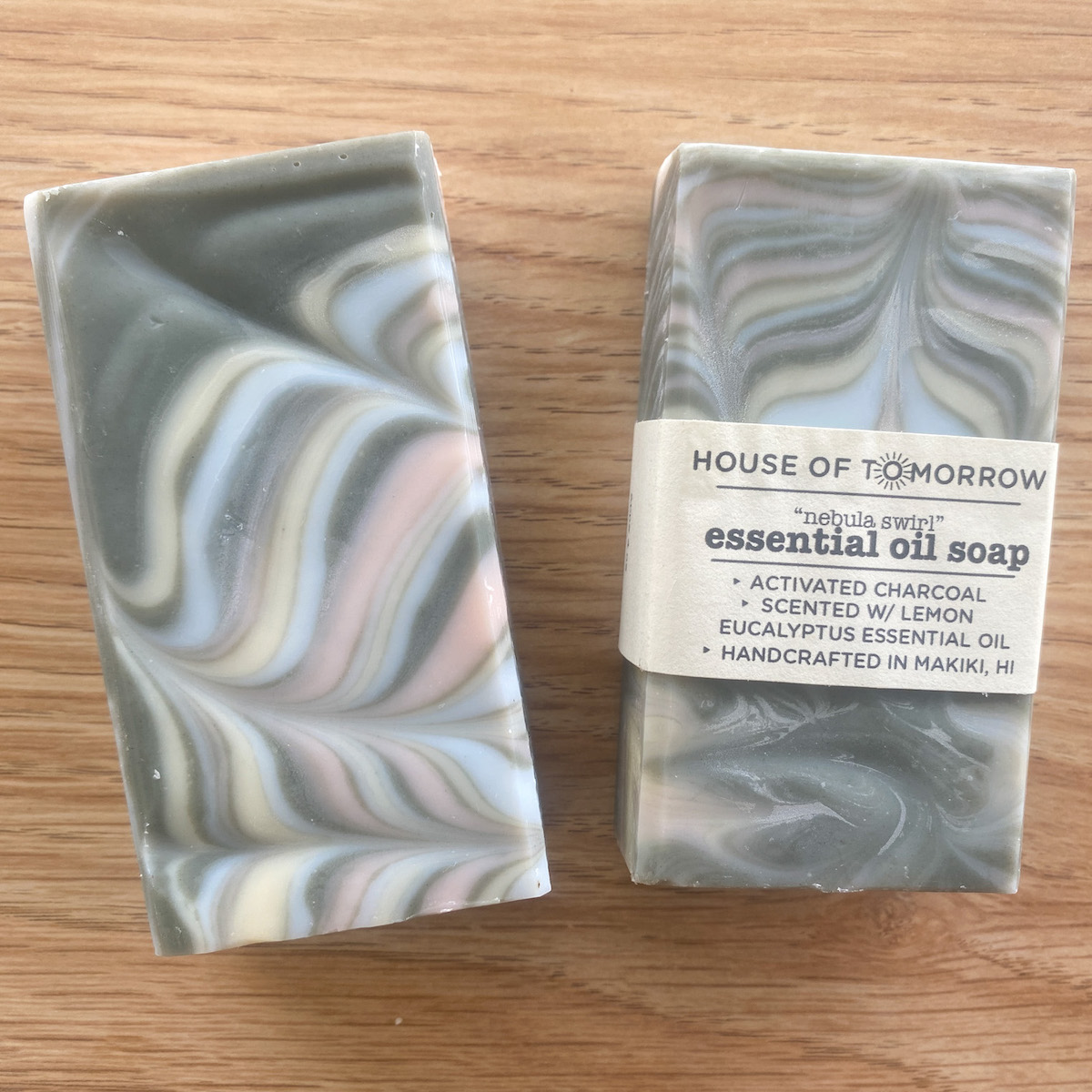
If you’re thrifty with your materials and stick to a few simple recipes, it is possible to start your soap business on a shoestring budget. But remember that as you move into creating more luxurious soaps, this will call for different soap making methods and high-end equipment.
Look through the following advantages and disadvantages to see how compatible soap making could be for your circumstances:
Pros
- Essential supplies are easy to obtain. You can find most of the necessary tools in your kitchen and local hardware store.
- Soap making is easy and relatively cost-free to learn. You can hone your skills by watching YouTube tutorials and brush up on more advanced techniques with online classes such as Skillshare.
- Soap is recession-proof. Financial analysts widely agree that soap is a ‘consumer staple,’ so you know the demand for handmade soap is always there.
- There are many places to sell your soap. Besides online marketplaces built for handmade items like Etsy, you can sell at craft shows, festivals, and wholesale.
Cons
- The finished product can take up to 4-6 weeks. Each soap making process has varied curing times, so your stock may be limited depending on your equipment and workforce.
- Adding scents can be expensive. Essential oils and fragrance oils carry a hefty price tag, so early experimentation in your business won’t come cheap.
- Certain scents can ‘burn off’ and fade during the process. There’s a danger that you could under-deliver on the potency of certain soaps, so forward-planning and absolute confidence in your recipes are a must.
- Competition is tough. You’ll need to think long and hard about your niche as a soap maker and analyze the market to get noticed.
Wholesale and Pricing: The Key to Better Earnings
To make a decent living selling soap, it helps to have a concrete price structure worked out that reflects your time and efforts and consider the long-term benefits of selling (and buying) wholesale. Let’s look closer at these two factors:
Selling Your Soap Wholesale
Shipping batches of your finished product over Etsy or in-person at craft stalls and festivals may keep things ticking over, but selling your soap wholesale to retailers is where you will start to see a significant difference in your income.
By conducting your market research well, you should be able to brand-match your soaps with local spas, beauty salons, and gift shops to sell in larger volumes – allowing you to concentrate on what you do best.
Check out this thorough list of wholesale tips for soap makers by the Lovin’ Soap studio to get a better understanding.
Buying Your Supplies Wholesale
Many newbie soap makers make the mistake of spending a small fortune on a full set of essential oils so they can experiment with all kinds of soap recipes. Whatever stage you’re at in your venture, you should act as you mean to 5, 10 years down the line by buying a smaller number of ingredients in bulk at a wholesale price.
A favorite retailer of many established soap makers, such as Bramble Berry’s CEO Anne-Marie Faiola, is Nature’s Garden. Meanwhile, Costco and your local hardware store are ideal places for sourcing cheap base oils for your soap, as well as low-cost tools and equipment.
Pricing
It’s easy to undermine your worth as a handmade business owner if you love doing what you do, but the time-consuming processes and clean-up job involved in soap making deserves a fair price for hard work.
Using Anne-Marie of the Bramble Berry soap company as an example, her direct material costs for each bar of soap produced are $0.69. Add this to her labor costs ($0.75) and indirect costs involving studio rent, electricity, etc. ($0.65), and this all adds up to $2.09 per 3.8-ounce bar.
3.8/4 ounces (100-120g) is about the average soap bar size, and you might sell one for around $5 before you work out shipping and personal pricing strategy. To learn more about product pricing, head over to this super helpful blog post by award-winning beauty company owner and small business coach Lela Barker, in which she outlines common pricing strategies and how to develop them.
Ways to Expand Your Soap Making Income
According to independent soap maker Kelley Spartiatis and several members of the Soap Making Forum, it is possible to earn a good living from soap making by expanding your line of products and services where possible.
Here are three great ways of supplementing your income (and widening your customer reach in the process):
Teaching Workshops and Classes
Looking at intricate, beautiful soaps can often have you thinking: How did they make that? Feed your customers curiosity by hosting some How-to classes on soap making. This glimpse behind the wizard’s curtain can help cement your brand, widen your mailing list, and increase word-of-mouth recommendations, to name just a few of the advantages.
Creating Subscription Boxes
Monthly and quarterly subscription services are a booming industry. You could explore so many different soap niches – bath bombs, shower smoothies, specialized sensitive soaps for skin conditions such as eczema, or spa-like exfoliant (scouring) soaps for all over treatments.
Allowing your customers to receive your soap products regularly plants your brand in their mind and encourages loyalty and word-of-mouth with the help of discount codes and refer-a-friend deals.
Expanding Your Product Line
As soap makers become better acquainted with the nature of fragrance and essential oils, it’s not out of the realm of possibility to move into producing things like scented candles, wax melts, and diffusers. Candles are particularly strong money-makers since the labor costs are low compared with the high margins, and the global market predicts a CAGR (Compound Annual Growth Rate) of 4.68% between now and 2025.
As for increasing your existing product line, creating new soap recipes can be done frugally via ‘rebatching‘ – this process is the saving grace of many soap entrepreneurs! Rebatching is the common practice of saving the leftovers from a previous soap batch, grating them, and melting them down to fill new molds.
Final Thoughts
There are many variables in answering how lucrative soap making could be for you. How profitable your business may be will ultimately boil down to three main factors:
- How much you can invest in funding your test and trial period
- Your chosen soap making method
- The strength of your niche.
Even with these considerations, profits from soap making alone will never be as healthy as businesses that branch out into related avenues, such as workshop hosting and adding to your product line. Fundamentally, you should consider if your costs and profit margin are worth the leap from hobby to business.
Sources
- Value Market Research: Handmade Soap Market
- Small Business Chron: How to Develop a Soap-Selling Niche
- Soap Biz Kit: How to Start a Soap Making Business From Home
- S&P Dow Jones Indices, SP Global: Sector Primer Series – Consumer Staples
- My Indie Life Blog: How to Get More Sales By Hosting Craft Workshops
- Bramble Berry: Pros and Cons of Soap Making Methods
- Lovin’ Soap: Wholesale Tips for Soap Makers
- Soap Making Essentials: Rebatching Soap
- Global News Wire: Global Candle Market Growth
- Soap Queen: Guest Post – Pricing Products

